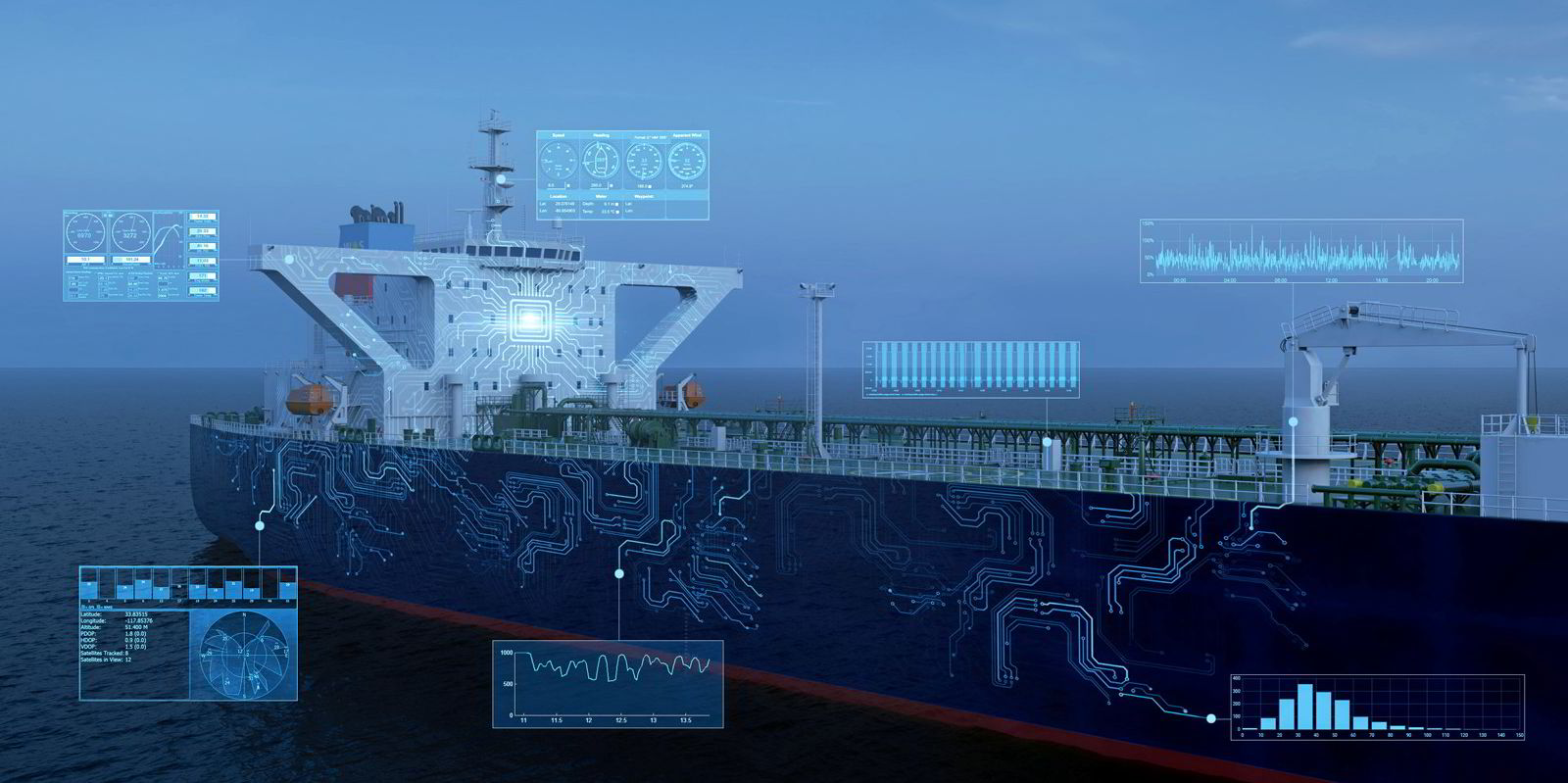A standardised data set for noon vessel reports developed by a group of operators and managers makes digital use of the core ship operating information easier to analyse and share.
The Standardised Vessel Dataset (SVD) for Noon Reports has been launched by the Smart Maritime Council following a proof-of-concept project involving vessel managers OSM Maritime, Thome Group and V.Ships.
The project involved working from a standardised list created by the council with Stolt Tankers.
Noon report data from vessels operated by the managers was mapped to a central standard and then exported as XML data files in the same common format.
Those files were shared with project technology partner Lloyd’s Register, which uploaded them into a software platform adapted to accept the format for analysis.
Noon reports are made daily, providing a vessel’s position and other relevant standard data such as speed and weather conditions, to map fuel consumption, among other things.
Preventing mistakes
The SVD format is being made freely available as an open list of non-proprietary data points for vessel operations that can be applied to simplify and cut the cost of data collection and analysis.
Thome Ship Management supply chain vice president Peter Schellenberger said: “The lack of a standardised noon report is one of the most consistent problem statements from our fleet colleagues and performance analysts.”
A standard format can prevent mistakes and create better transparency. It would also help established supply partners and start-ups to develop added-value smart solutions, he added.
Standardisation of reports is something many in the shipping industry and its digital developers have been calling for.
Last year, a group led by Maersk Tankers vessel optimisation spin-off ZeroNorth with contributors including shipowners Euronav, Fednav, Ultrabulk, Maersk Tankers and Teekay Tankers, charterer Cargill and software company Q88 produced a white paper calling for a standard in data reporting.
The group wanted to evolve noon reports into holistic vessel reports to support ship and voyage optimisation, helping to propel decarbonisation.
Rob O’Dwyer, chairman of the Smart Maritime Council, said: “The maritime industry, as a whole, stands to significantly benefit from widespread adoption of standard formats in the collection of vessel operational data, reducing the time and resources wasted in converting each ship operator’s own data into the variety of different formats required by application providers.”





